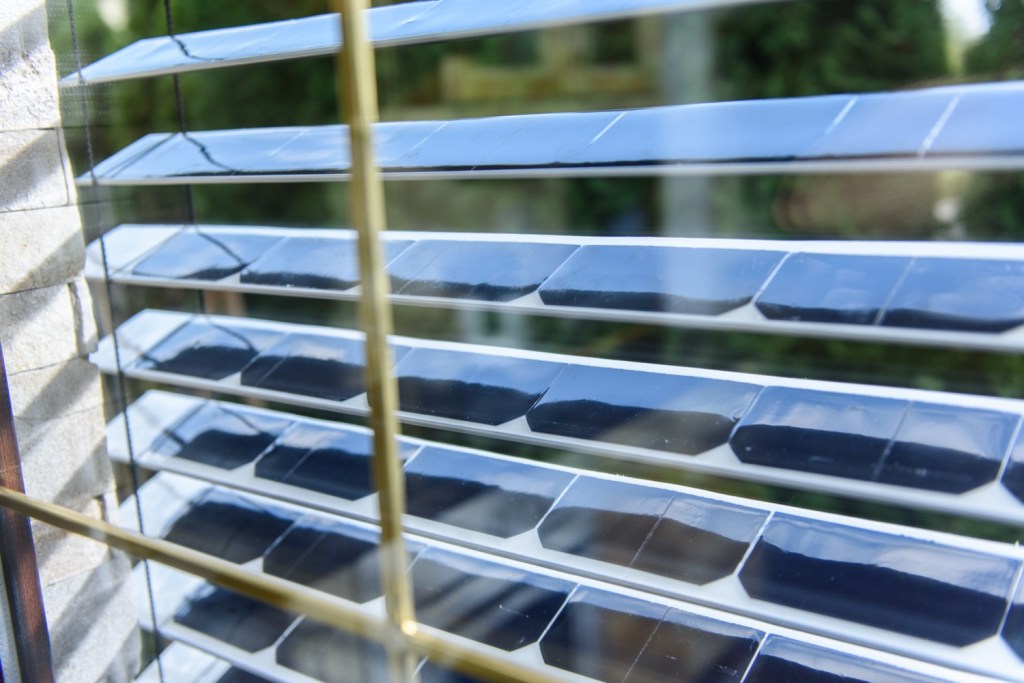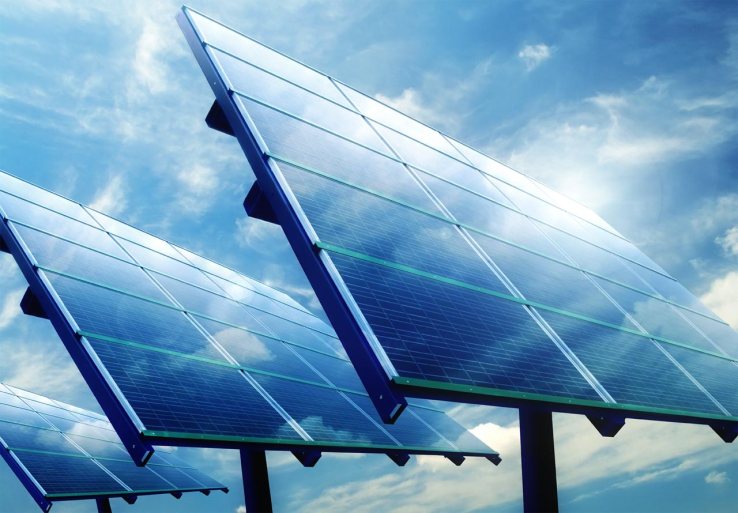With a population of over 90 million, a prime location, topography and climate, one would assume a country like Egypt would be a perfect location for solar system.
The nation’s average level of solar radiation is between 2,000 to 3,200kWh per square meter a year, but this country on the verge of the African Sahara still imports enough gas to operate electricity generating plants all over the country and solar energy is more myth than reality in the warm, ultra-sunny Egypt.
Well, things are beginning to change. The Egyptian Ministry of Electricity and Energy set a goal in 2014 to supply 20 per cent of electric energy demand through renewable energy resources by the year 2020. However, most related projects are focused on wind as a power source and not really solar energy...
To date, the only solar energy project in Egypt is a 20 megawatt piece of a larger 140 megawatt solar thermal and combined cycle power plant.
For a true solar project, the only developer is KarmSolar, an Egyptian solar technology company focused on sustainable, environment friendly and cost efficient energy solutions, currently operating its station from phase 1 of the Feed In Tariff (FiT) program of the Egyptian government. It is a 2.2 MW station in Sahl Hashish in Hurghada, a resort city on the red sea.
KarmSolar was founded in 2011, the most turbulent year in recent Egyptian history, and yet it has still managed to quickly become an off grid solar energy integrator and the sole provider and developer of high capacity solar pumping stations, especially for the agribusiness sector.
Demonstrators in Egypt in 2011
Five years later, KarmSolar (Arabic for fruit yielding vine) has expanded into other applications including a patented technological breakthrough that supports the use of solar energy in pumping water to farmlands at a fraction of the cost of currently used electricity powered pumps.
Ahmed Zahran, the chief exeuctive and co-founder of KarmSolar says, “While KarmSolar counts as the sole provider of solar power in Egypt, we hate that status, we see the future of this and we want more people in it.”
With their patented “Maximum Power Point Tracking” algorithm, the company is now able to lower cost of solar pumping drives significantly whether in design, manufacturing and building.
Randa Fahmy, the company’s head of research and development (and another co-founder) says, “The end of product was much expensive because we used to have the software and hardware components both imported, we now manufacture some of the components locally which creates an easier entry point for clients.”
She adds “In a poverty-stricken country that is mainly based on agriculture, large organizations, SMEs and even individual farmers today have a lower entry point to the use of solar water pumping solutions.”
Building
Another subsidiary currently operating under the same umbrella is KarmBuild, which is an architectural design & build firm with a focus on energy efficient and environmentally sustainable building designs.
Zahran says, “We created KarmBuild with a vision to become the only company in the region to actually integrate solar energy technology into buildings’ design through working with a wide range of environmentally sourced materials and training architects on the makings of eco-friendly solar energy powered buildings.
While this sounds appealing in a region where “eco-friendly” doesn’t usually spring to mind in crowded, semi-industrial, business oriented cities like Cairo, Zahran is optimistic about using the startup to create more off-grid environments like in agriculture or tourism related communities. But, he has no illusions about cities like Cairo or Alexandria when it comes to going off-grid.
“(These cities are) too crowded, too dependent on gas powered electricity and too anti-change for anyone to try.” He adds that his company’s work has mitigated around 22 tons of carbon dioxide in a country that is still to weigh in the importance of preserving natural resources and offset carbon emissions.
Eco Communities for the win
As KarmSolar and its subsidies work on educating large sectors on going off-grid, EFG-Hermes leasing has announced a strategic partnership that effectively offers lease financing solution for solar energy projects in Egypt especially smaller industrial and tourist communities.
Zahran says, “We have lowered the cost significantly whether in going off-grid or in building renewable energy based projects, whatever is done, solar energy is relatively expensive and at least much more expensive then government subsidized gas enabled power, the only solution was to get a major corporation like EFG-Hermes to go in and finance projects.”
He adds, “The barriers to renewable energy need to be broken and solar energy must become accessible in a country, environmentally speaking, ideal for anything solar.”
The aim is to have penniless independent farmers and small workshops completely operating on solar energy especially with the startup’s faith in promoting solar powered batteries that offer a 100% complete payback on investment in less than 4 years.
Zahran reiterates, “The beauty is creating solutions like this is that, much like solar energy, the technology is here to stay. Is that a beautiful risk to take?”

Tech Hubs and More
The last interesting piece of news is a collaboration between KarmSolar and Riseup Summit to create, this year, a sustainable growth oriented solar powered Technology Hub in Sahl Hashish, a resort off the Red Sea, around 277 miles away from Cairo. The hub will be welcoming entrepreneurs from all walks of life to build companies and products and live in a completely clean innovative community away from the hustlea of main cities.
The CEO adds, “I think this is the best way to invent in Renewable energy, to create a community completely dependent on solar energy yet isn’t primitive or under-funded like people here use to assume when it comes to this kind of sustainable projects.”



